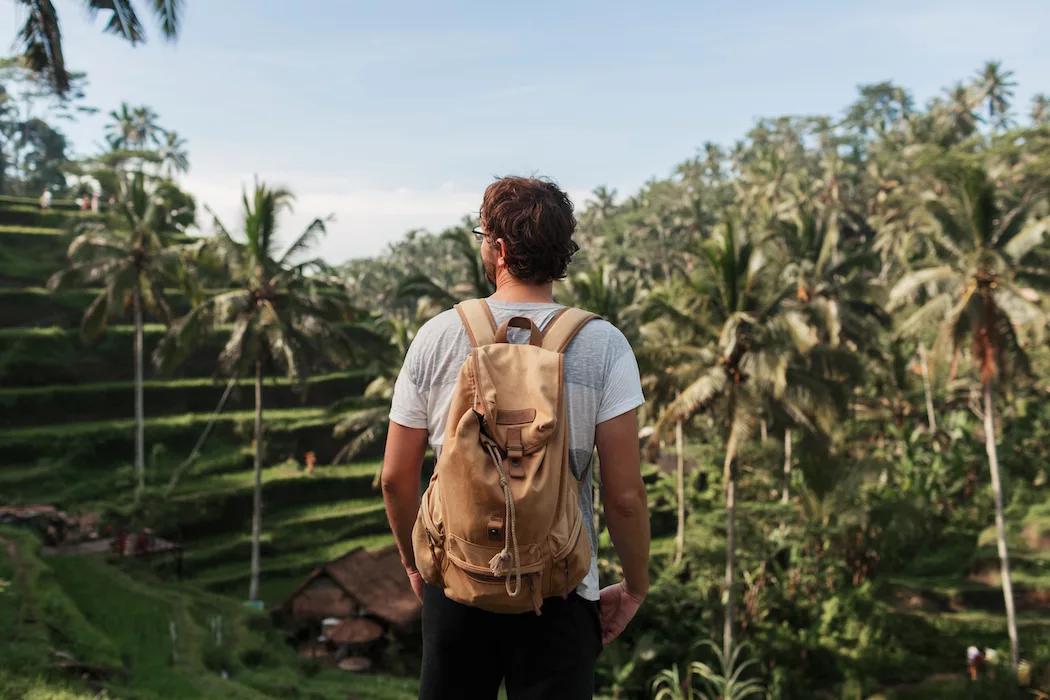Tourism is a double-edged sword even for locations that are supposed to benefit from this industry. Being a tourist destination presents a town or city with economic benefits, promotes cultural exchange within the area, and accelerates the development of infrastructure that can accommodate more visitors. But the influx of tourists also has its downsides, as it can lead to environmental degradation, cultural erosion, and even social disruptions. While the presence of these travelers is only fleeting, they certainly have a huge collective impact on these places.
Letting loose while traveling and being an ecologically responsible tourist are not mutually exclusive. It’s still possible to have fun and enjoy your trip while being kind to nature and supporting the sustainable growth of the place you are visiting. If you want to be a responsible traveler who can positively affect the communities you visit, here are some of the things you can do.
Choose Sustainable Accommodations
Whenever possible, choose to book accommodations that makes use of eco-friendly technologies to support its operations. There are hotels in the Philippines that make use of solar and wind power, for instance, or have their own composting and materials recovery facilities. It’s also a good choice to stay in hotels that support the community by employing local workers or participating in cleanup projects in their area. Bringing your business to these establishments enables you to contribute to their efforts to protect nature and improve the quality of life of the people around them.
Use Public Transportation Options
In case your holiday is set in an urban destination, you can opt to use public transportation as a more eco- and budget-friendly travel option. For example, if you’re spending a staycation in one of the many Pasay hotels near NAIA, you’ll find that you have easy access to buses, jeeps, and trains. Commuting using these options will enable you to consume less fuel, generate less carbon emissions, and take up less space on the road compared to someone who’s driving alone. Plus, it’s a cheaper way of traveling and experiencing the metro the way a local would. Choosing to commute will help you save on transportation costs and use that money instead on experiences and good food.
Opt for Seasonal and Local Ingredients
Eating dishes made of local and seasonally available ingredients is good for the economy, nature, and your diet. First, this supports the business of local farmers and producers and gives them the means to continue their chosen livelihoods. Second, these local produce will be coming from nearby farms, which means that transporting them won’t consume a lot of fuel. Finally, because the ingredients of the food you are eating are planted, grown, and prepared in the area, you can taste the authentic flavors of the place you are visiting.
Support Local and Small Businesses
Bringing your business to homegrown establishments is one way of ensuring that the community will enjoy the economic benefits of tourism. It’s highly likely that the money you will pay these local businesses will be used to pay the workers and suppliers within the community. Also, buying products that are unique to the area can help strengthen the diversity and uniqueness of the local culture. Letting the makers of these cultural products know that they have a market will encourage them to continue and improve the production of the said items. Tourists, then, will have easier access to local products and services, which can contribute to the uniqueness of their experience in the area.
Conserve Water and Energy Resources
No matter where you’re staying, you can always make an effort to keep your water and electricity consumption at a minimum. Taking quicker showers can help, as well as turning off the lights and the air conditioner when you leave a room. If you’re traveling on your own, you can opt for a room that’s made for one, like budget-friendly capsule accommodations. This way, you’ll only consume enough electricity to cool your sleeping area and light up the spot that you will use, all while still enjoying a good night’s sleep. Basically, practicing the same electricity and water conservation tips you observe at home will help you contribute to this endeavor.
Have a Plan for Dealing with Trash
There are places, often far-off areas, where tourists are explicitly asked to take their trash home when they leave. You can do this too if luggage space isn’t a pressing issue for you. Alternatively, you can reduce the trash you produce during your travels by opting to use sturdy containers, utensils, and grocery bags that can withstand more than a single use. Choosing to buy high-quality products at your destination instead of settling for cheap trinkets will also ensure that your souvenirs will get home in one piece.
Take Part in Eco-Friendly Activities
How about being an ecotourist or someone who travels specifically to have fun while protecting nature? You can travel to different areas to partake in tree planting activities or beach cleanup drives, for example. These activities can be the highlight of your trip instead of being a side adventure. They can be good opportunities to interact with the locals, understand their way of life better, and have a positive impact in a short amount of time.
Traveling responsibly and sustainably can still be a lot of fun. Doing these activities will not only leave you with unique memories of your holiday, but it will also help you make a bigger and overall more positive impact in the communities you visit.




